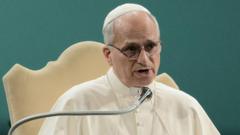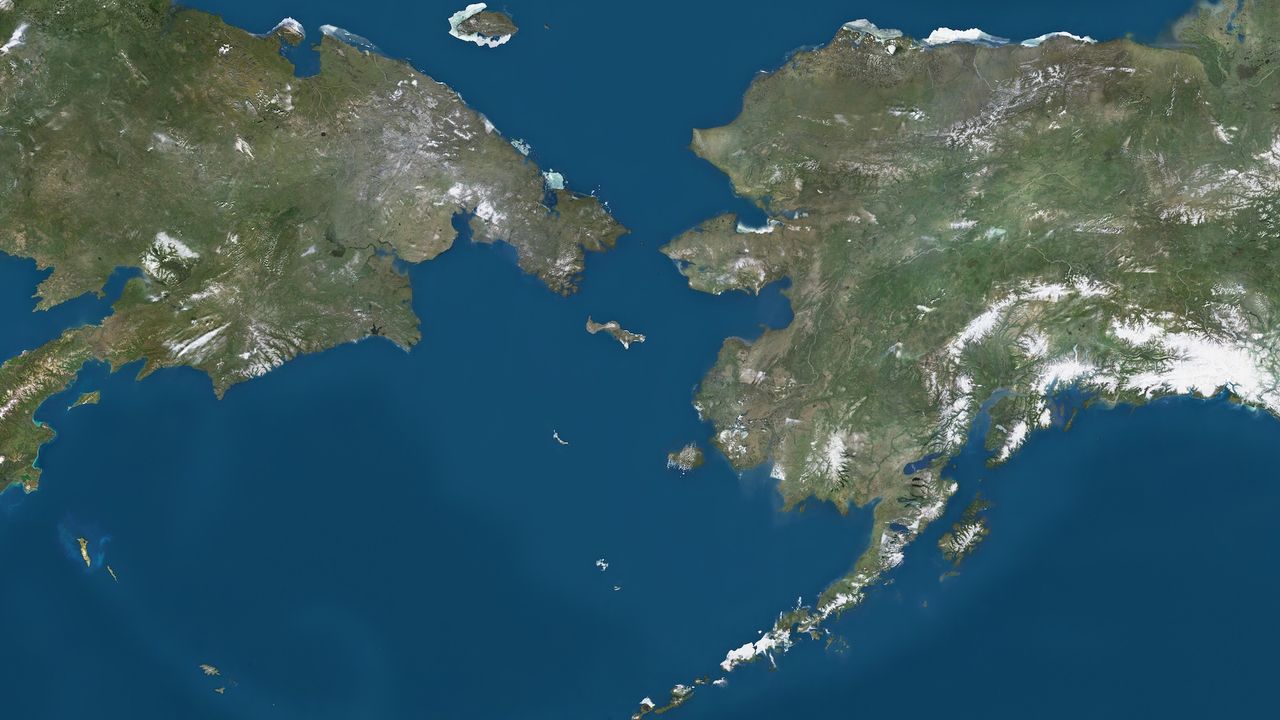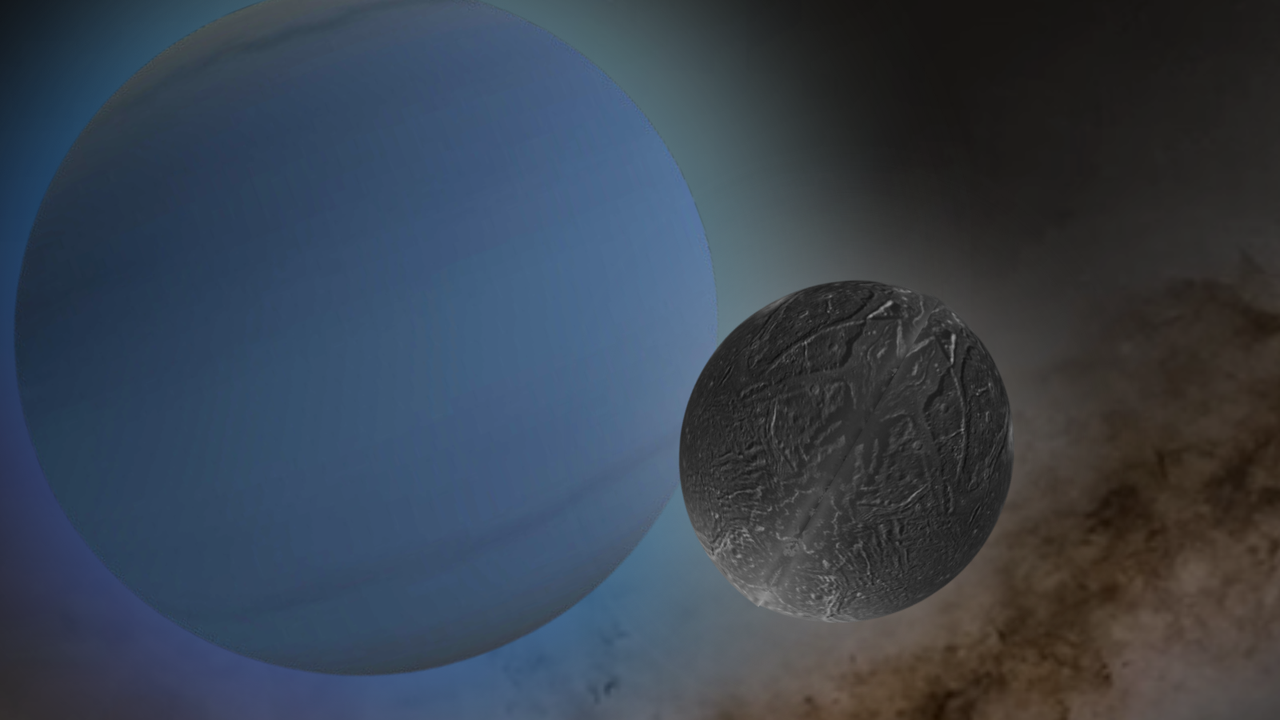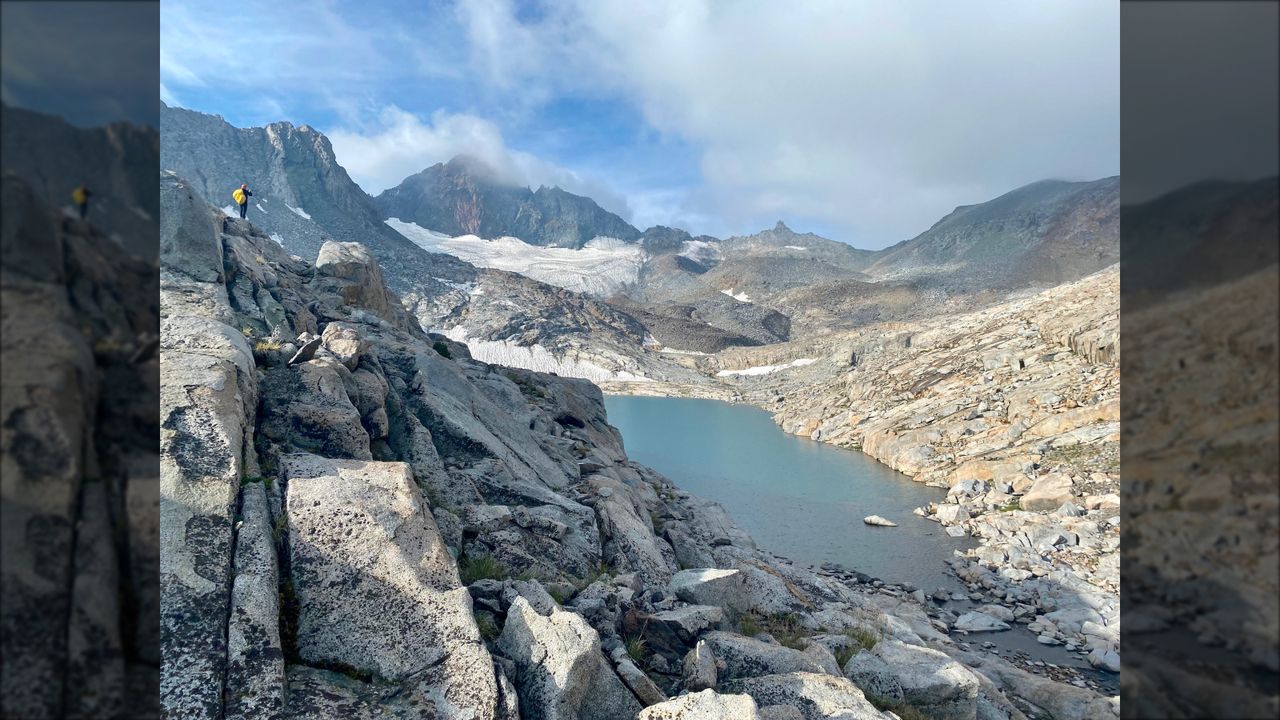Pope Leo condemns climate change critics
PositiveScience

In a significant move, Pope Leo has made his first major statement on climate change, condemning critics who downplay its severity. This is important as it highlights the urgency of addressing climate issues and encourages global awareness and action, especially among those who may be skeptical about the science behind climate change.
— Curated by the World Pulse Now AI Editorial System





